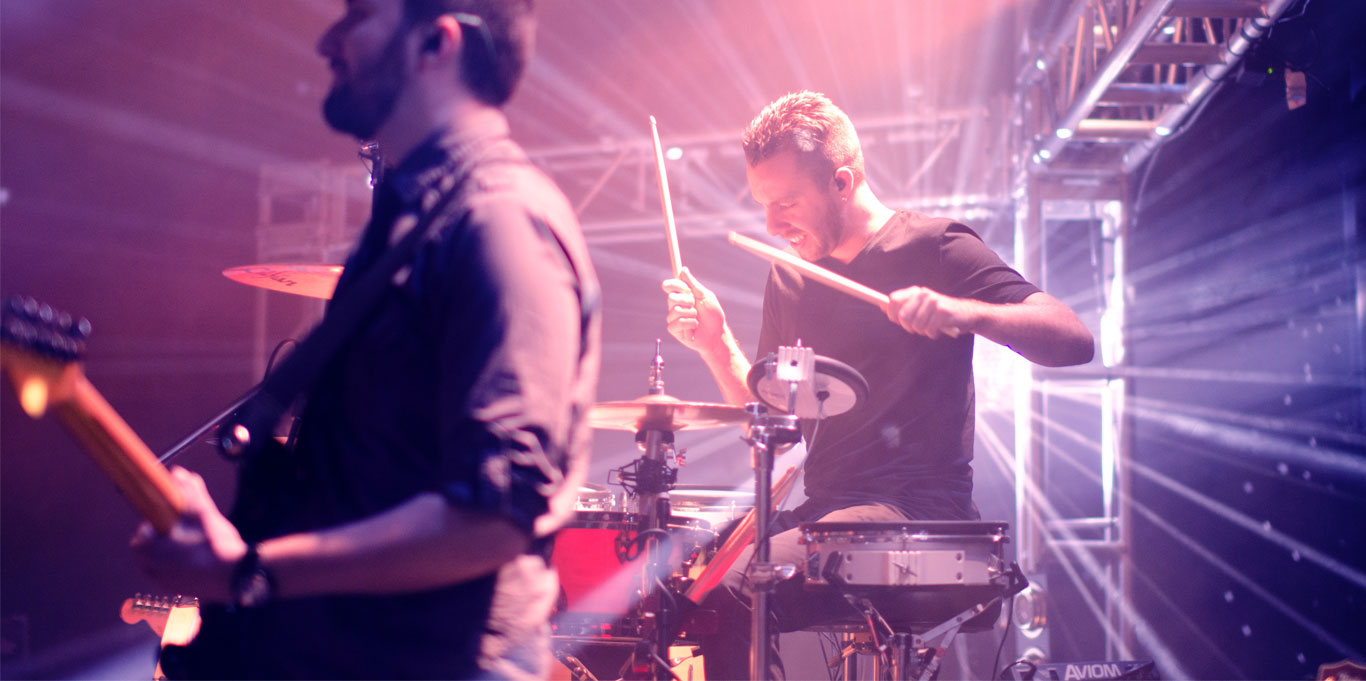
ExampleCommissioned photography
When a photographer is commissioned to take photographs of a band for promotional purposes, the photographer owns the copyright unless there is an agreement to the contrary.
Intellectual Property in Commercial Settings
The Cambridge Dictionary meaning of ‘commissioned’ is:
For example, someone could commission a building, a piece of equipment or a work of art.
In copyright law, there are different ownership rules for some types of ‘commissioned works’. Let us see how it works for different types of copyrightable works.
Where a photograph or portrait is commissioned:
(a) for valuable consideration (i.e. payment); and
(b) for a private or domestic purpose,
then the person who owns copyright in the photograph or portrait is the person who commissioned it, not the photographer. So, for example, where a photograph is for a private purpose such as a family portrait, the client automatically owns the photograph unless there is an agreement to the contrary.
This rule does not apply to photographs or portraits commissioned for commercial purposes, such as advertising or business use. In these circumstances, the photographer remains the owner of copyright.
Because of this rule about commissioned photographs, wedding and portrait photographers will often try to manage ownership and access to the photographs they take either through contract or by controlling physical access to the photographs and negatives. Altering ownership rights via contract is known as an assignment and is discussed further below.
Ownership of commissioned literary or musical works automatically sits with the creator of such works unless there is an agreement to the contrary. In other words, without a written agreement to the contrary, paying someone to write a literary or musical work does not change the general rule that the author owns copyright.
As explained at the start of this topic, copyright in a film is automatically owned by the person or company that makes the necessary arrangement for the making of such work.
As with films, where a person enters into an agreement with another person to make a sound recording for a fee, then the first person will own copyright. Returning to Greg and Susan: if Greg pays Susan to make a sound recording, then Greg will own that sound recording.
Remember that there are different layers of copyright: